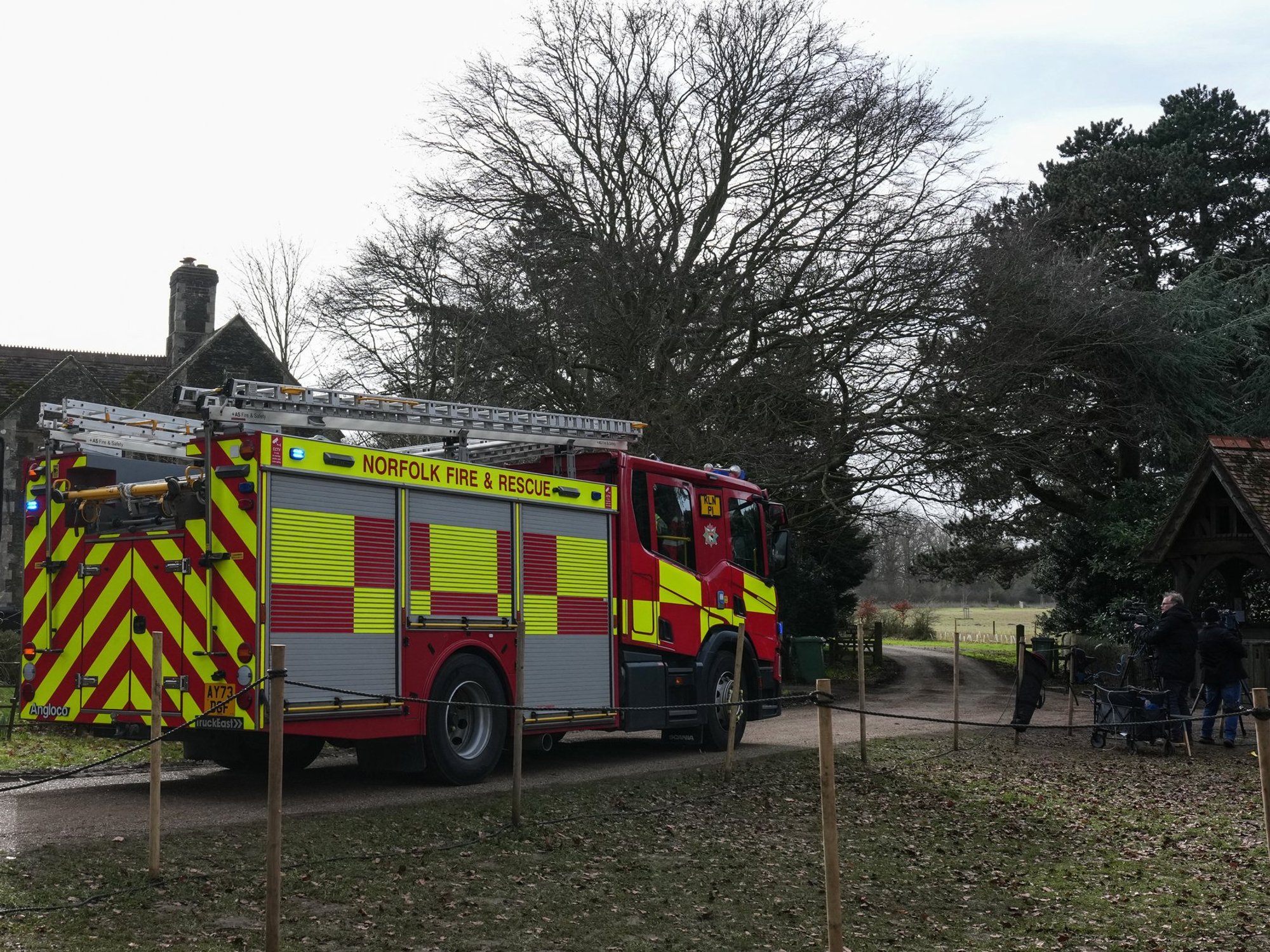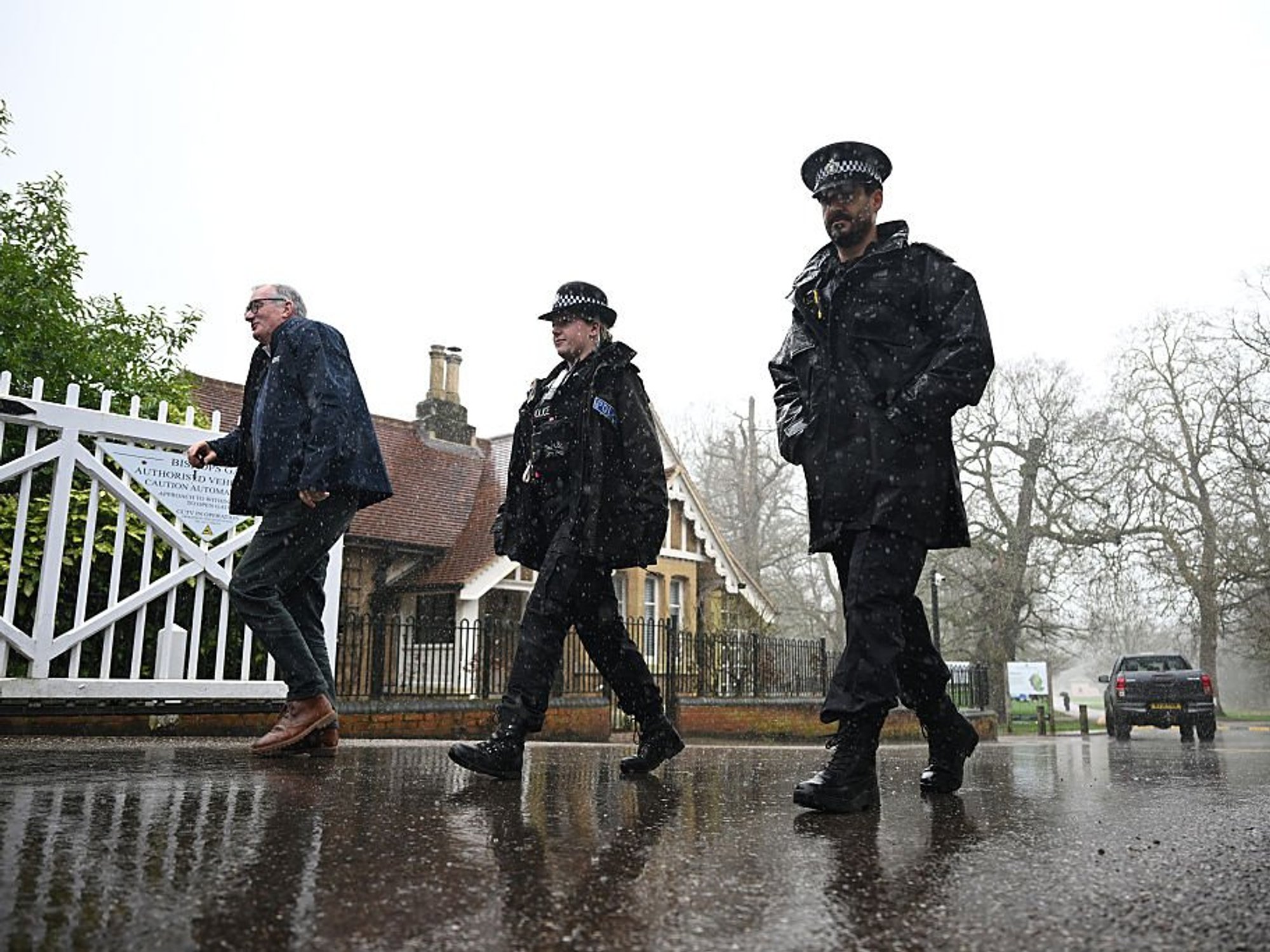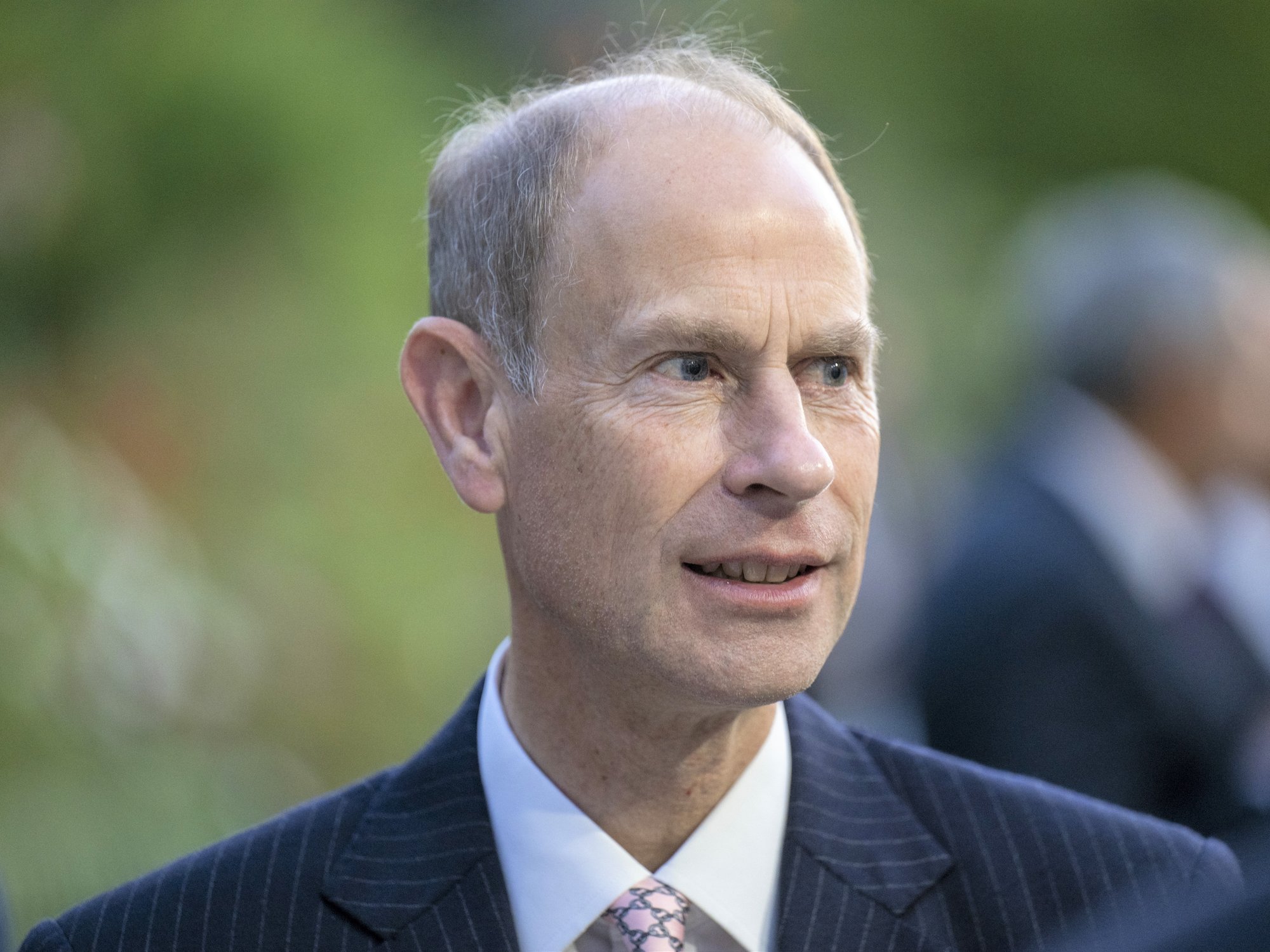Tourist hotspot could launch new motorhome and campervan rules as existing scheme labelled 'total flop'
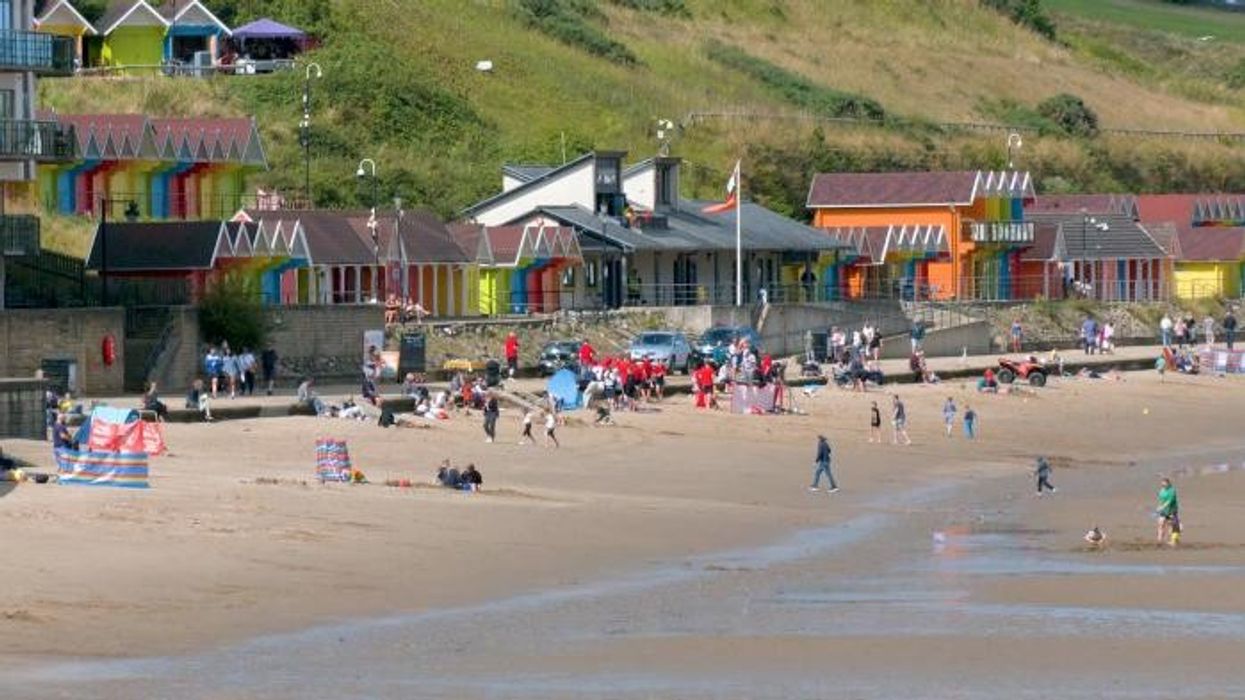
WATCH: GB News looks at motorhome and campervan bans across the UK
|GB NEWS

Highland Council saw its voluntary motorhome scheme miss targets by 98 per cent
Don't Miss
Most Read
A popular region could be forced to introduce new restrictions for motorhomes and campervans after its current measures have proved ineffective.
The new restrictions could come after the Highland Council's voluntary motorhome scheme generated less than £8,000 in its first year, missing its initial £500,000 target by more than 98 per cent.
The Campervan and Motorhome Scheme, launched in July last year, was designed to "deliver sustainable and responsible tourism" across the region.
Councillors had already slashed the original target to £20,000 earlier this year, representing just four per cent of the initial goal. However, figures released by Highland Council show the actual revenue fell short of even this reduced target by more than half.
Do you have a story you'd like to share? Get in touch by emailing motoring@gbnews.uk
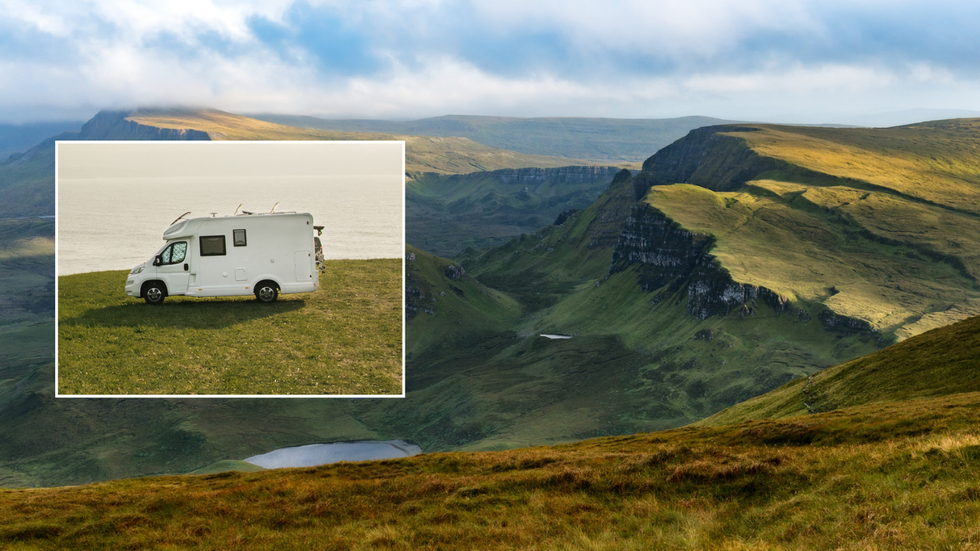
The voluntary motorhome scheme missed its revenue targets by 98 per cent
|GETTY
The poor financial performance has intensified calls for mandatory restrictions as only about 200 people purchased the £40 seven-day passes between July 2024 and June 2025.
But, Council Vice Convener Ken Gowans has defended the scheme despite the revenue shortfall, admitting the £500,000 target was "ambitious for a new initiative".
He argued that "the minimal and one-off setup costs" mean any future income could directly ease the council tax burden for Highland residents.
"While revenue is a factor, the primary goal is to promote responsible tourism by offering managed alternatives to wild camping, especially in our most environmentally sensitive areas," Gowans said.
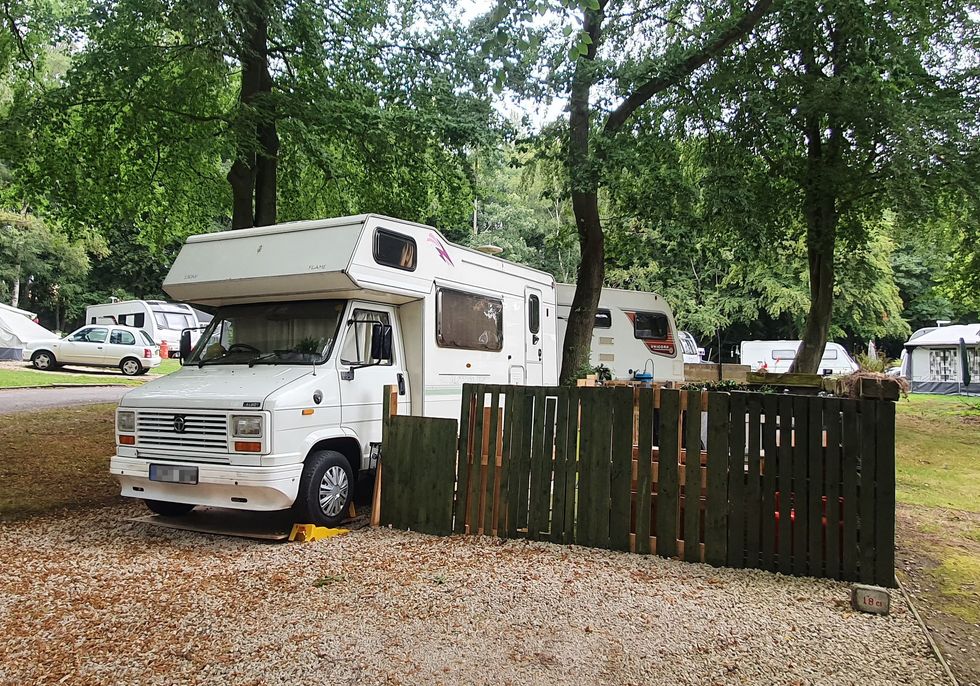
Motorhomes and campervans can access the voluntary scheme across the Highlands for £40
| PAHe emphasised that providing basic facilities reduces "both the environmental damage and the cost of cleaning up after irresponsible campers". The SNP Councillor said it was "disappointing" that opposition Councillors "seem to overlook the true purpose of this scheme".
He insisted that there are "no planned changes at present," but highlighted that they remain "always open to improvements" based on customer experience and community feedback.
Councillor Ruraidh Stewart has branded the scheme a "complete failure" and called for its immediate termination. "The numbers speak for themselves. The scheme hasn't just underperformed, it's been a total flop," Stewart told the Press and Journal.
The Conservative Councillor argued the initiative has "caused confusion, undermined trust, and worse, it's damaged legitimate local businesses". He described the outcome as "a freeloaders' charter, where people are being directed to park up for nothing while local providers are left footing the bill".
LATEST DEVELOPMENTS:
Stewart warned that the voluntary measures are inadequate for addressing Highland tourism challenges brought on by the huge influx of motorhomes and campervans in the Summer period.
"People aren't asking for another voluntary scheme, they're demanding action," he said, advocating for "management zones to curb irresponsible behaviour" and enforcement through bylaws rather than continued reliance on voluntary compliance.
The scheme offers larger vehicles access to overnight parking at designated council car parks and shower facilities at High Life Highland leisure centres.
Passholders can use a network of locations, including sites along the NC500 route such as Dunnet Head, Ullapool, and Gairloch Harbour.
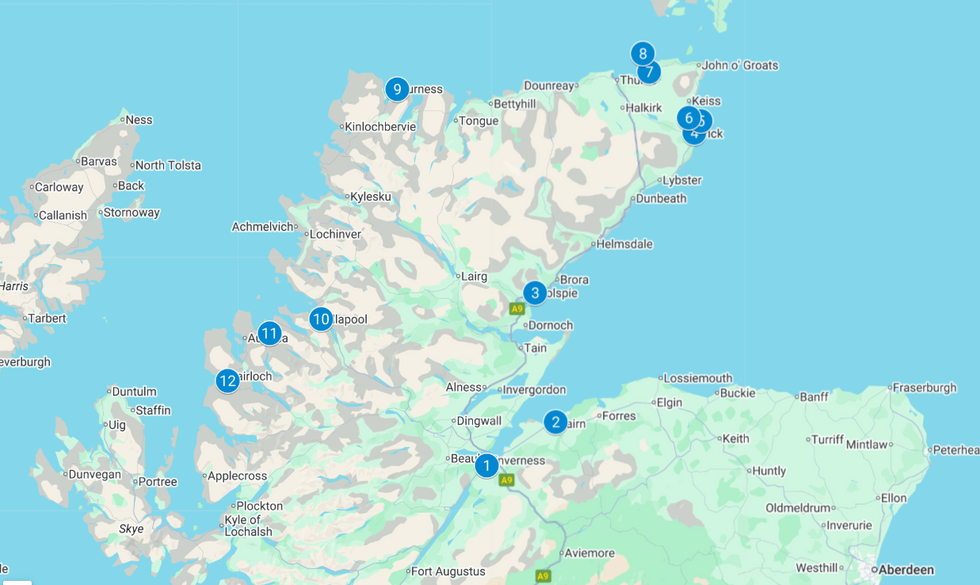
As part of the voluntary motorhome scheme, drivers can access several overnight parking spots in the Highlands
|HIGHLAND COUNCIL
Overnight parking operates from 10pm to 8am on a first-come, first-served basis, with a 72-hour no-return policy at each location. The scheme includes "free daily access to showering and changing in any High Life Highland leisure location during normal opening hours - for two adults and an unlimited number of children".
However, the scheme's poor uptake has highlighted broader challenges in managing Highland tourism through voluntary measures. Stewart's call for enforcement mechanisms reflects growing frustration among residents who are "fed up with the lack of regulation", with his inbox "bursting with messages" from constituents demanding action.
With the scheme generating minimal revenue and failing to influence motorhome behaviour significantly, pressure is mounting on the Highland Council to consider compulsory restrictions.
The authority may be forced to abandon its preference for voluntary compliance in favour of enforceable regulations to address mounting community concerns about irresponsible camping by larger vehicles.








